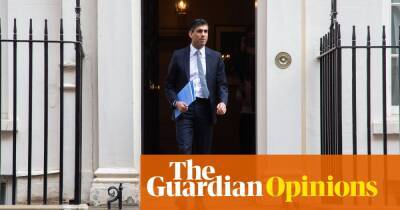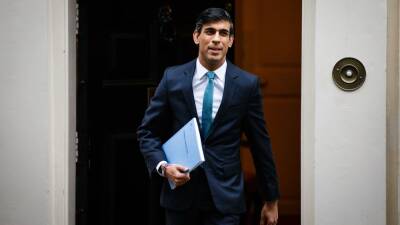Barclays CEO needs profits and fewer run-ins with regulators
The new chief executive of Barclays, CS Venkatakrishnan, will know what shareholders want from him: decent profits and fewer run-ins with regulators. Predecessor, Jes Staley, made progress on the former front but failed on the latter: he somehow survived a hefty fine for trying to unmask a whistleblower but was felled by the continuing regulatory probe into his characterisation of his relationship with Jeffrey Epstein.
Wednesday’s full-year report represented a promising inheritance for Venkatakrishnan. Pre-tax profits for 2021 hit a record £8.4bn and demonstrated that, for big banks at least, the pandemic is over. A total of £653m of credit impairments were written back. Meanwhile, return on tangible equity – a better measure of a bank’s financial performance – was 13.4%, the best in years, and every division achieved the desired double digits. Capital ratios were comfortably above target. At 6p, the dividend is almost back to pre-Covid levels and there was a spare £1bn to spray at buying back shares.
On the requirement to avoid excitement, Venkatakrishnan sounds the part. He ducked for cover when invited to comment on Staley’s £22m-worth of frozen share awards and he signalled zero change of strategic direction – hardly surprising since he helped design the original plan.
So plain sailing? Well, no. The stock market clearly still worries that Barclays will find new ways to disappoint, which is not an unreasonable view on past evidence. The deficit in the credibility ledger is a share price that, even after Wednesday’s 3% gain, stands well below book value; 196p plays 292p. Even NatWest, half-owned by the state, has a narrower discount these days.
Put another way, Barclays’ “transatlantic” model of combining plain-vanilla
Read more on theguardian.com



















